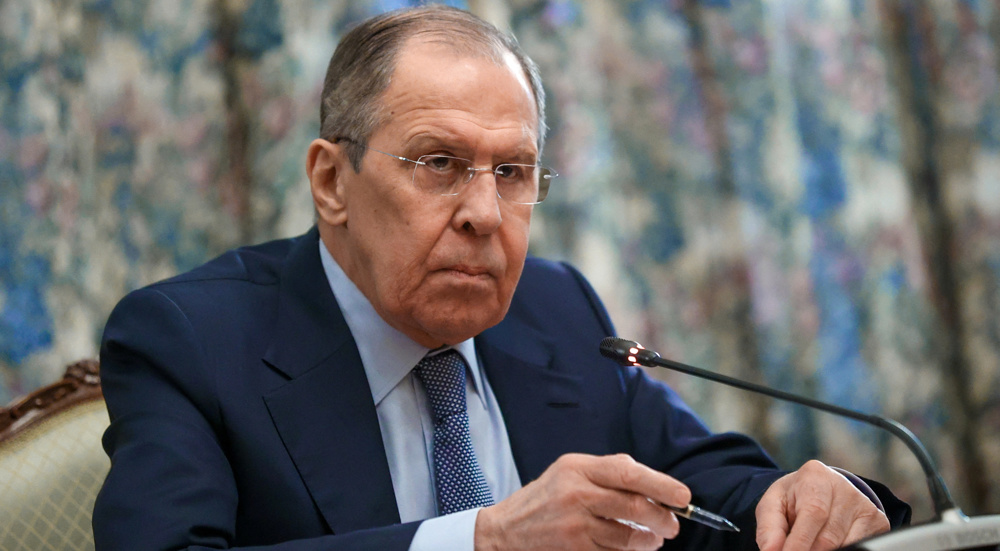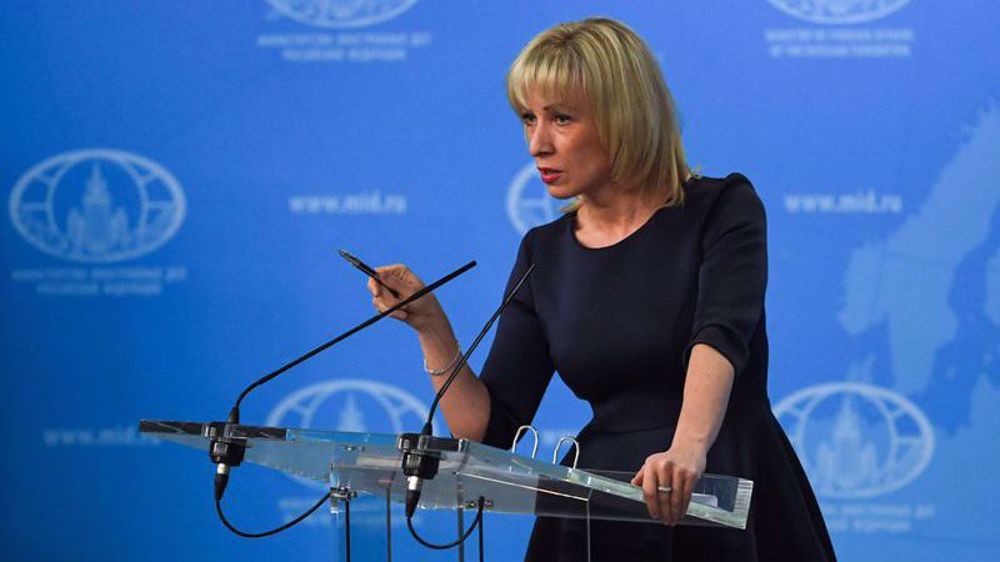Russians go to polls as Putin squares up to bellicose US
Russians have taken to the polls to cast their ballots in local and regional elections held at a time of a political thaw between Russia and Ukraine as well as simmering tensions with the US over the suspension of a Cold War-era treaty.
About 56 million eligible voters were expected to attend 3,602 polling stations across the country on Sunday, electing governors for 16 regions and members for legislative assemblies in 13 regions including Crimea, which reunified with Russia in 2014.
Alongside the municipal and regional vote, the election of lawmakers to the Russia’s lower house of parliament — the State Duma — is also taking take place in four districts as well as in the capital, Moscow.
Russia’s electoral commission said a total of 233 candidates had registered for the parliamentary vote, including 171 party representatives and 62 independent candidates.
There are 45 seats up for grabs in the Moscow parliament where the ruling United Russia party currently has the upper hand.
The Sunday vote comes a day after Moscow and Kiev carried out a long-awaited swap of 70 prisoners, a move that was lauded as a first step towards ending five years of conflict between the two neighbors.
Ukrainian President Volodymyr Zelenskiy said the swap had been agreed with his Russian counterpart, Vladimir Putin, and that he hoped for a soon-to-be-held meeting between Ukraine, Russia, France and Germany to help “finish this horrible war” with pro-Russia forces in eastern Ukraine.
The 41-year-old former comedian was inaugurated on May 20 as Ukraine’s 41st president, launching a fresh era for a country that has been wracked by economic difficulties and a five-year deadly war in two mainly Russian-speaking regions in its east.
The armed confrontation began when a wave of protests in Ukraine overthrew a democratically-elected pro-Russia government and replaced it with a pro-West administration.
The majority of the people in the east, mainly ethnic Russians, refused to endorse the new administration that took over at the time, and turned the two regions of Donetsk and Lugansk — collectively known as the Donbass — into self-proclaimed republics.
The war has so far claimed some 13,000 lives since 2014.
Kiev and its Western allies accuse Moscow of having a hand in the crisis, but Russia denies the allegations.
Relations between Moscow and the West have deteriorated since 2014, when Crimea, a peninsula on the northern coast of the Black Sea, joined Russia following a referendum, in which more than 90 percent of participants voted in favor of unification.
The West brands the reunification as the annexation of Ukrainian land by Russia, and the US and the European Union have since imposed several rounds of harsh sanctions on Russia over the conflict in the east and the Crimea issue.
Moreover, the US and Russia have been butting heads since US President Donald Trump officially terminated the Intermediate-range Nuclear Forces Treaty (INF) with Moscow early last month.
The treaty, signed in 1987 by then-US President Ronald Reagan and Soviet leader Mikhail Gorbachev, limited the Cold War powers' medium-range missiles, both conventional and nuclear. The landmark deal banned land-based missiles with a range of between 500 and 5,500 kilometers.
Washington has accused Moscow of violating the INF, an accusation the Kremlin has denied.
Washington said Moscow’s failure to comply with the treaty was the main reason behind its pullout decision. Russia, however, says it has not breached the accord and believes the US planned to abandon the deal as part of its plan to develop its own sophisticated missiles.
IRGC intelligence forces capture agent linked to foreign espionage service
VIDEO | Palestinians in Yarmouk Camp cling to hope and determination
Israel preparing to stay in southern Lebanon after ceasefire: Report
Israeli pressure on Hamas ‘hardly helped’; swap deal necessary: Ex-Mossad chief
Far-right Israeli minister Ben-Gvir again storms al-Aqsa Mosque
Iran: Israel’s attack on journalists’ vehicle in Gaza amounts to ‘war crime’
VIDEO | Israel’s war spending
Palestine Action wins again













 This makes it easy to access the Press TV website
This makes it easy to access the Press TV website